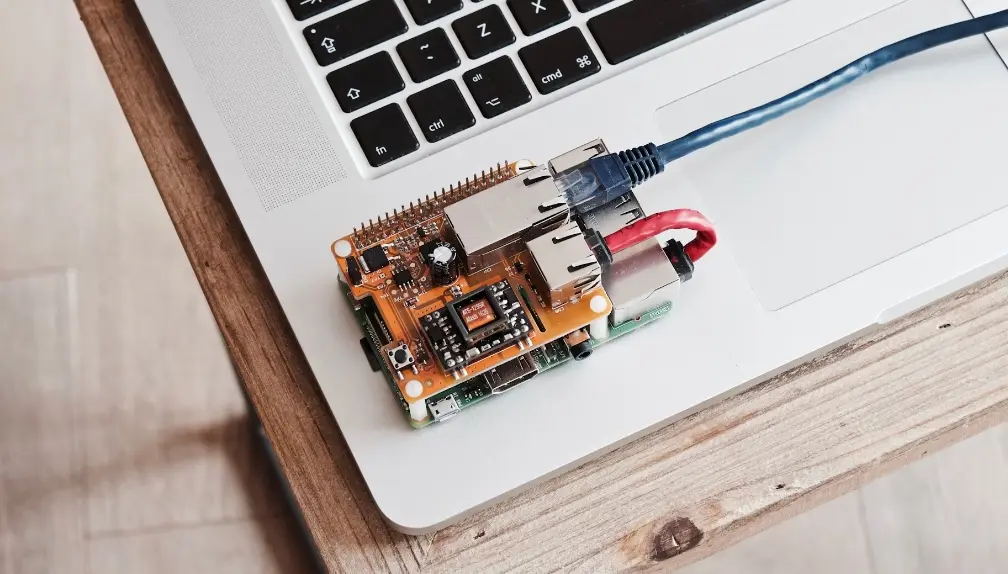
Is FCC Compliance Enough for U.S. Market Entry?
What is FCC Certification for Electronic Devices?
Any electronic device marketed or sold in the United States must be approved by the Federal Communications Commission (FCC). How can suppliers of electronic devices meet the certification requirements for the U.S. market?
The FCC regulates electronic devices by setting specific limits on intentional and unintentional radio signals they may emit. This is to protect consumers and prevent radio frequency (RF) interference between digital devices. The restrictions for unintentional emitters vary depending on the device’s operating environment.

Product Categories:
Class A – Commercial and/or industrial use
Class B – Residential use
Class B requirements are more stringent due to the higher risk of RF radiation affecting household electronics.
Depending on whether the device intentionally or unintentionally emits radio signals, manufacturers and suppliers must follow one of two approval paths:
1. Supplier’s Declaration of Conformity (fcc sdoc)
2. FCC-ID Certification
If a product intentionally emits radio signals, certification is required. Examples include Wi-Fi routers, Bluetooth devices, remote transmitters, and garage door openers.
If the device is an unintentional radiator, it can be authorized either via certification or through the sdoc process. Examples include IT equipment, audio-visual devices, and power adapters.
Steps for Obtaining FCC Certification:
To ensure electronic devices comply with FCC RF emission regulations, manufacturers or suppliers must have their products assessed by an Electromagnetic Compatibility (EMC) testing lab. If the product is authorized under SDoC, no further action is required.
If the product requires certification, the following documents and information must be submitted to a Telecommunication Certification Body (TCB):
1. Test report from an FCC-accredited testing laboratory
2. Application form (often referred to as Form 731), including:
3. Applicant’s FRN (Federal Registration Number)
4. Grantee Code (part of the fcc id), which must be obtained before application
5. FCC ID label and label location
6. Internal and external product photos
7. Photos of the testing setup
8. User manual, schematics, block diagram, parts list, tuning procedures, and operational description
9. Any additional supporting evidence or letters as needed
Once approved, an FCC Grant of Equipment Authorization is issued, allowing the product to be legally marketed in the U.S. Given the complexity of compliance, China JJR Laboratory can assist in streamlining the process for manufacturers, distributors, and marketers of electronic products.
EMC/RF Testing:
1. EMC and RF compliance testing are crucial stages in the development of any electronic device.
emc testing evaluates a device's ability to function normally in its electromagnetic environment without interfering with other devices.
RF testing measures characteristics of intentional emissions and ensures unintentional emissions remain below set limits.
2. Governments worldwide enforce regulations to protect consumers and ensure infrastructure reliability.
For example, the EU’s Radio Equipment Directive (2014/53/EU - RED) covers both EMC and RF compliance.
The UK has the 2016 EMC Regulations, while the U.S. operates under FCC regulations.
Importance of EMI/EMC Testing:
1. Electromagnetic interference (EMI) can occur naturally (e.g., lightning storms), but is usually linked to electronic devices. Without minimization, EMI can disrupt other vulnerable devices.
2. EMC testing measures a device’s immunity/susceptibility to electromagnetic energy and the EMI it generates internally. It ensures the device is protected from external radiation and doesn't interfere with other electronics.
3. Failing to assess EMC/RF compliance can lead to serious consequences, including safety hazards, product malfunction, and data loss. Hence, manufacturers must conduct proper testing to ensure functionality, compliance, and consumer satisfaction.
EMC Testing Includes:
1. Conducted emissions
2. Radiated immunity
3. Radiated emissions
4. Bulk Current Injection (BCI)
5. Magnetic field immunity
6. Magnetic field emissions
7. Conducted transient immunity
8. Conducted transient emissions
9. Handheld transmitter testing
10. Electrical fast transients
11. Surge testing
12. Harmonics and flicker measurements
13. Electrostatic Discharge (ESD)
14. Human exposure to electric and magnetic fields
National and international bodies have established EMC/RF standards to ensure reliable operation of electrical equipment and protect users and infrastructure. These include the International Electrotechnical Commission (IEC), which has committees dedicated to EMC/RF topics.
Note:
FCC certification alone does not guarantee full compliance with U.S. regulations. Other factors must be considered, such as whether the product falls under FDA regulation or other requirements like CPC Certification for toys. A single product may require multiple tests and certifications. China JJR Laboratory offers free evaluations to determine applicable compliance requirements.
China JJR Laboratory fcc certification services:
China JJR Laboratory provides comprehensive testing solutions to help manufacturers comply with global market regulations, including fcc compliance. Our experts support testing and certification for FCC Parts 15, 18, 22, 24, 27, 90, and 95.
General services include:
1. EMC/RF testing
2. Pre-scan and diagnostic testing
3. 5G/LTE certification
4. Testing for 802.11 Wi-Fi, Bluetooth, and Zigbee
5. ETSI EN 300 328 and ETSI EN 301 489-x
Email:hello@jjrlab.com
Write your message here and send it to us
 How Do You Get a CE Mark
How Do You Get a CE Mark
 IEC 60529 IP Rating Ingress Protection Standard
IEC 60529 IP Rating Ingress Protection Standard
 IEC 60601-1 Medical Electrical Equipment Basic Saf
IEC 60601-1 Medical Electrical Equipment Basic Saf
 European Authorized Representative Medical Devices
European Authorized Representative Medical Devices
 EU Waste Electrical and Electronic Equipment Direc
EU Waste Electrical and Electronic Equipment Direc
 How to Get CE Approval
How to Get CE Approval
 Accelerated Ageing Test
Accelerated Ageing Test
 IP Ingress Protection Testing
IP Ingress Protection Testing
Leave us a message
24-hour online customer service at any time to respond, so that you worry!




